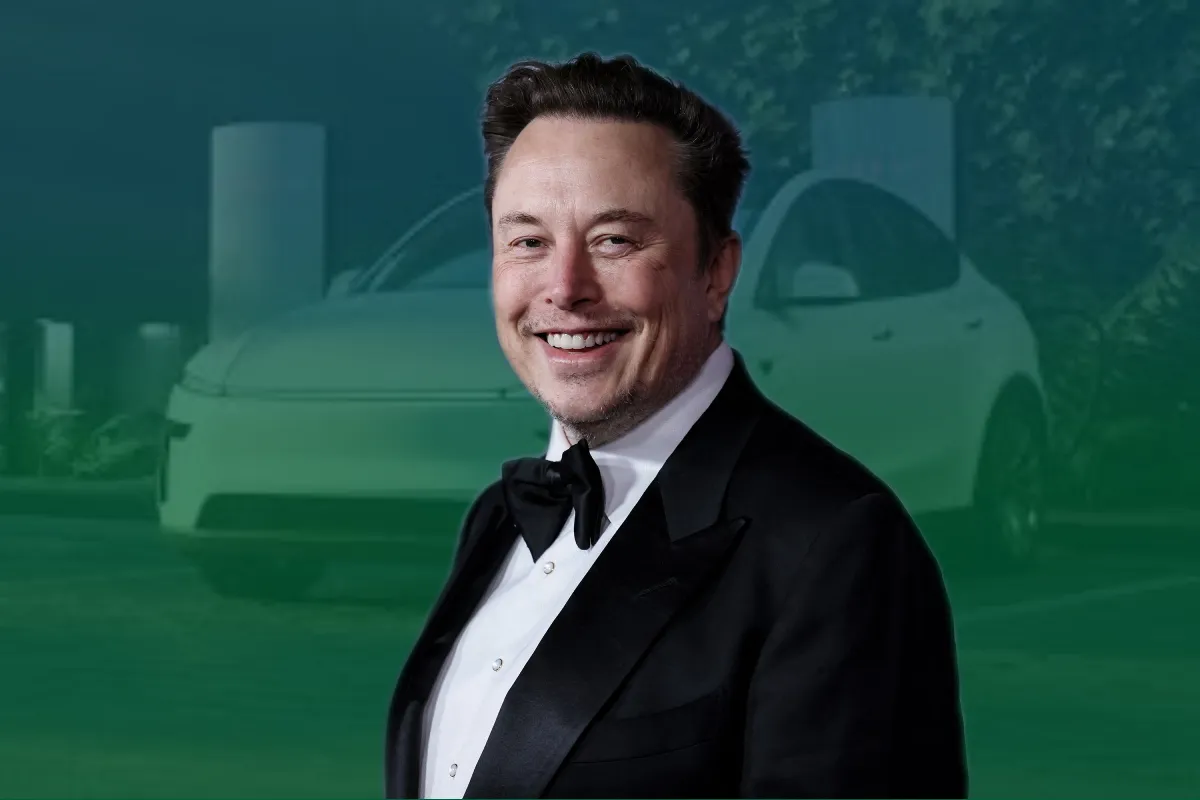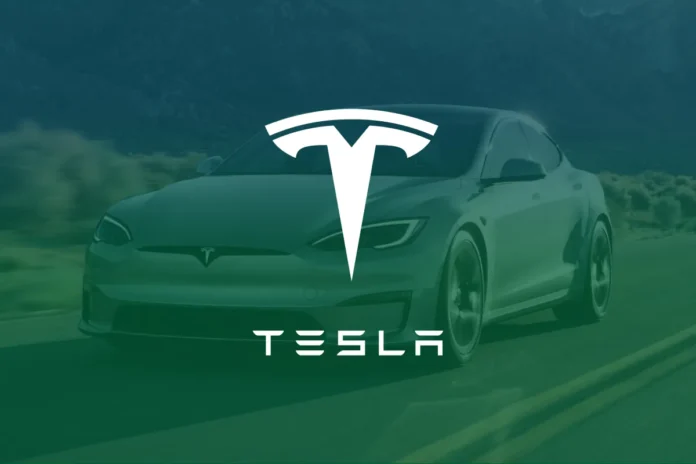Tesla’s sales in Europe have taken a significant hit, dropping by 45.2% in the first five months of 2025, as the electric vehicle (EV) and hybrid markets experience robust growth. Despite a flourishing European EV sector, Tesla’s market share has dwindled, with registrations falling from 91,996 units in 2024 to just 50,413 in 2025, according to data from the European Automobile Manufacturers’ Association (ACEA). This decline, set against a backdrop of a 28% rise in battery electric vehicle (BEV) sales across Europe, underscores the challenges Tesla faces in its third-largest market. CommaFast explores the factors driving this downturn, including intensified competition, an aging model lineup, and a brand crisis linked to CEO Elon Musk’s controversial political engagements.
A Booming EV and Hybrid Market in Europe
The European automotive landscape is undergoing a profound transformation, with electrified vehicles—BEVs, plug-in hybrids (PHEVs), and hybrid electric vehicles (HEVs)—capturing 58.9% of new car registrations in May 2025, up from 48.9% the previous year. This shift reflects growing consumer demand for sustainable mobility, supported by stricter EU emissions regulations and increased availability of affordable electric models. Notably, BEV sales surged by 27.8% in April and 44.9% in Germany in May, while hybrid vehicles claimed a 35.6% market share in February.
However, Tesla has failed to capitalize on this momentum. The company’s EU market share plummeted from 1.6% to 0.9% in May, with a broader regional decline of 37.1% across Europe, including the UK and Switzerland. This stark contrast highlights Tesla’s struggle to maintain its once-dominant position in the EV market.

Factors Behind Tesla’s Sales Decline
Several factors contribute to Tesla’s challenges in Europe:
- Intensified Competition: The European EV market is increasingly crowded, with traditional automakers like Volkswagen, BMW, and Renault rolling out compelling electric models. Volkswagen reported a 180% surge in BEV sales in February, while Renault’s affordable R5 model has gained traction. Chinese manufacturers, particularly BYD, have also made significant inroads, with BYD surpassing Tesla in EV sales in Italy and Spain in Q1 2025. BYD’s aggressive pricing and rapid expansion, including new factories in Hungary and Turkey, pose a formidable threat.
- Aging Model Lineup: Tesla’s limited and aging portfolio, primarily centered on the Model Y and Model 3, struggles to compete with newer, often cheaper, alternatives from rivals. The refreshed Model Y, launched in 2025, has yet to reverse the sales slide, with analysts noting that Tesla’s lack of hybrid offerings—accounting for over 35% of the market—further limits its appeal.
- Brand Crisis and Musk’s Political Controversies: Elon Musk’s political activities, including his vocal support for far-right parties like Germany’s Alternative für Deutschland (AfD) and his role in the Trump administration, have sparked widespread backlash. Protests and vandalism targeting Tesla showrooms and vehicles have intensified, particularly in Germany, Sweden, and the Netherlands. A survey by Electrifying.com found that 59% of respondents were less likely to buy a Tesla due to Musk’s political stance, amplifying the brand’s reputational damage.
Country-Specific Sales Declines
Tesla’s sales have plummeted across key European markets, with notable exceptions in Norway and Italy. The table below summarizes Tesla’s performance in major markets for May 2025, based on industry data:
| Country | Sales Decline (May 2025) | Market Share Change | Key Notes |
|---|---|---|---|
| Germany | -36.2% | 1.8% to 1.2% | Strong EV market growth (+44.9%), but Tesla lags behind BYD (9x sales growth). |
| United Kingdom | -45% | 2.8% to 1.8% | Tesla fell to fifth place in EV sales, behind Volkswagen, BMW, Audi, and Skoda. |
| Sweden | -80.7% (April) | N/A | Lowest sales since October 2022, driven by protests and competition. |
| Italy | -20% | N/A | Tesla outperformed by BYD; overall EV sales up 40.8%. |
| Norway | +213% | N/A | Strong EV adoption (92.7% of new car sales); Tesla bucks the trend. |
Data sourced from ACEA, New AutoMotive, and Reuters.
In Norway, Tesla’s sales surged by 213% in May, driven by the country’s aggressive push for EV adoption, with 92.7% of new car sales being electric. However, this outlier does little to offset declines in larger markets like Germany and the UK, where Tesla’s brand image has suffered significantly.

The Role of Musk’s Controversies
Elon Musk’s high-profile political engagements have undeniably impacted Tesla’s brand perception. His endorsement of AfD in Germany, labeled “completely unacceptable” by Chancellor Olaf Scholz, has fueled protests, including the “Tesla Takedown” movement. Vandalism incidents, such as orange paint defacing Tesla vehicles in Sweden and Switzerland, and a fire at a Rome dealership, have further tarnished the brand. Musk’s involvement in the U.S. Department of Government Efficiency and his public feuds, such as with UK Prime Minister Keir Starmer, have compounded these challenges, alienating a portion of Tesla’s liberal-leaning customer base.
Analysts argue that Musk’s polarizing persona is a double-edged sword. While some investors, like TD Cowen’s Itay Michaeli, suggest his political stance could boost sales in conservative regions, the immediate impact in Europe has been negative. Quentin Willson, founder of FairCharge, noted, “Never has a car brand suffered such a global fall from grace,” highlighting the scale of Tesla’s reputational crisis.
Competitive Pressure from Chinese Automakers
Chinese EV manufacturers, led by BYD, are reshaping the European market. BYD’s sales surged by 94% in February, with 380,089 new energy vehicles sold globally in April 2025. Its Qin L sedan, priced at roughly half the cost of Tesla’s Model 3, and a super-fast charging system offering 250 miles of range in five minutes, have bolstered its appeal. Despite EU tariffs of 17% on Chinese EVs, BYD’s market share reached 5.9% in May, compared to Tesla’s 1.2%. Other Chinese brands, like SAIC (owner of MG) and Geely’s Polestar, also reported significant gains, with Polestar’s global sales up 76% in Q1 2025.
Tesla’s Response and Future Outlook
Tesla has attempted to counter its sales slump with financial incentives, including car loan discounts in Norway, Sweden, Germany, and the UK. However, these measures have had limited success. The revamped Model Y, touted as a potential game-changer, has yet to resonate with consumers, and Tesla’s lack of hybrid models continues to hinder its competitiveness. Analysts like Felipe Muñoz from Jato Dynamics suggest that Tesla’s limited lineup makes it vulnerable during model changeovers, a challenge exacerbated by the rapid pace of innovation from rivals.
Looking ahead, Tesla faces a critical juncture. The company’s planned robotaxi launch in Austin, Texas, could shift focus to autonomous driving, but its European sales recovery hinges on addressing brand damage and refreshing its lineup. Will Roberts of Rho Motion cautioned that continued underperformance could jeopardize Tesla’s full-year forecasts, particularly as Chinese competitors expand their footprint.
Implications for the UK Market
In the UK, Tesla’s sales dropped by 36% in May, with only 512 vehicles registered in April, according to the Society of Motor Manufacturers and Traders (SMMT). This decline contrasts with a 28% rise in EV sales and a 47.3% market share for electrified vehicles. Volkswagen has emerged as a strong contender, with a 201% increase in EV sales, threatening Tesla’s top spot. The UK’s Zero Emission Vehicle (ZEV) mandate is driving competition, pushing manufacturers to offer incentives and lower prices, which could further challenge Tesla’s position if it fails to adapt.
Conclusion
Tesla’s 45% sales decline in Europe amid a booming EV and hybrid market signals a pivotal moment for the automaker. Intensified competition, an aging lineup, and a brand crisis tied to Elon Musk’s political controversies have eroded Tesla’s market share. While Norway offers a glimmer of hope, the broader trend suggests Tesla must act swiftly to rebuild trust and innovate to remain competitive. As Chinese automakers like BYD gain ground and European rivals accelerate their EV offerings, Tesla’s ability to navigate this “brand tornado” will determine its future in the region.




